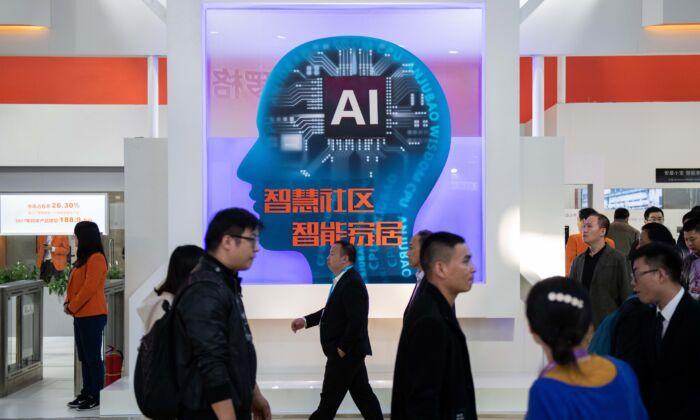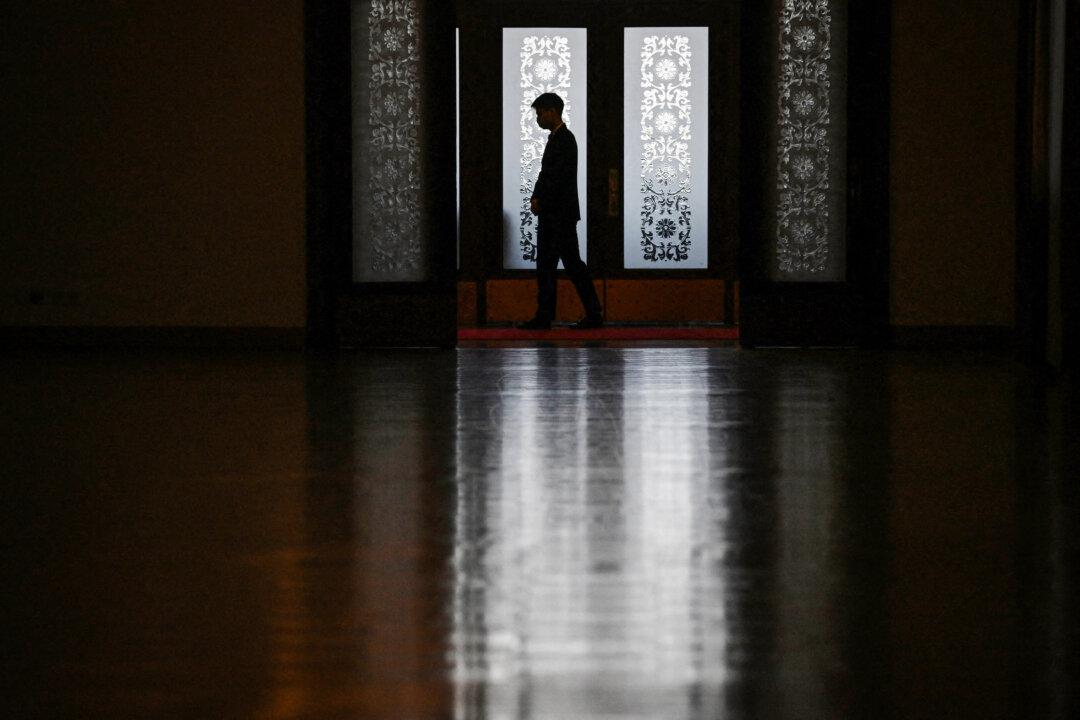Has the trade war between the Unites States and China just turned into a currency war? It certainly looks that way. For the first time since the Great Recession in 2008, the value of the yuan fell below the 7:1 ratio against the U.S. dollar. This policy mandated devaluation is a very significant response by the Chinese and comes with a variety of possible implications.
Currency Manipulator
It has prompted the Trump administration to officially label China as a currency manipulator, which immediately lead to heavy losses in the stock market. That may or may not be justified, because China has actually been manipulating the yuan for years, just in the opposite way. China’s yuan is not traded in the markets like other currencies. Rather, its value has been carefully controlled—that is, manipulated—by the People’s Bank of China (PBOC) to trade within a narrow 2 percent band up or down its official fixture.Paradoxically, tariffs tend to weaken a currency’s value anyway, because they weaken the economy behind the currency. And it’s worth noting that only when the PBOC stopped its support of the yuan, and let it “float” in the market that its value against the dollar fell. The market forced this devaluation, not the central bank.
China has admitted as much in their accompanying statement to the devaluation, saying that the PBOC “has accumulated rich experience and policy tools, and will continue to innovate and enrich the control toolbox, and take necessary and targeted measures against the positive feedback behavior that may occur in the foreign exchange market.”
Devaluation Was Expected
Nonetheless, China’s devaluation decision is in response to President Trump’s decision to slap tariffs on the remaining $300 billion worth of mainly consumer goods that had been excluded in earlier tariff rounds. That means that everything China exports to the United States will now be taxed, making Chinese goods less competitive, adding pain to an already contracting Chinese economy.Letting their currency devalue with market forces is an expected reaction. A cheaper yuan relative to the U.S. dollar helps China offset the higher cost of Trump’s tariffs by lowering the cost of Chinese goods.
But China’s decision to devalue could have far-reaching impacts on its an already strained relationship with the United States. It gives the impression that China’s leadership has all but abandoned the idea of trying to de-escalate the trade war with President Trump. Rather, it appears that they’re mirroring Trump’s hardline approach to negotiations. This doesn’t bode well for the U.S.-China economic relationship over the next two years.
Political and Economic Costs for Xi and Trump
But it’s a calculation that makes some sense. In political terms, Trump is now in a more difficult position than Xi because Trump faces re-election in 2020, whereas the Chinese regime doesn’t allow elections. The stock markets’ immediate and negative reaction to China currency devaluation makes Trump’s argument for re-election more difficult this week than it was last week, let alone last year.What’s more, if the latest round of tariffs on consumer goods is applied, the American consumer may feel it in their wallets as out of pocket prices rise. And China’s refusal to make agreed purchases of American agricultural products is intended to hit U.S. producers hard. All of these developments could possibly hurt Trump’s re-election efforts in 2020.
That may well be the point. Waiting to see if Trump is replaced in 2020 is probably a big factor in the Chinese leadership’s devaluation decision. If so, China may end up disappointed.
A devalued currency hurts the Chinese people and leads to capital flight as well as disrupting markets, which also damages the Chinese economy. The Chinese regime already had to bail-out three smaller banks this year, which is not a coincidence.
The Fed Will React to Trade War
In response to the yuan devaluation, the Federal Reserve has already indicated it would cut interest rates further if economic conditions demand it. And agricultural subsidies are a distinct possibility, as they’ve already been used to offset American farmers’ earlier loss of the Chinese soybean market. In other words, the impact of China’s first shot in a currency war may not be as effective as they’d like, or as soon as they’d want.But the cycle of retribution and response isn’t likely to stop there. China is violating its commitment to the G20 to not engage in “competitive devaluation.” That’s precisely what they’re doing of course, and it isn’t as smart as they think it is. A cheap yuan not only hurts American producers, but China’s other major trading partners as well, such as the Eurozone and Japan.
Tariffs Are Both Tactical and Strategic
Tactically, the tariffs on Chinese goods are to get China to change its adversarial trading behavior. China’s One Belt, One Road debt traps, its widespread Huawei spyware, an inveterate practice of technology and IP theft, and other practices that provide the hostile Chinese regime unfair trade advantages that President Trump wants to stop. Furthermore, China must make good on its promise to open its market to Western companies.It’s doubtful, however, that China has any plans to fundamentally change the behavior that has led to the rise of the power of its regime. Its decision to devalue is designed to reverse the Trump administration’s thinking on tariffs against Chinese goods. Even China’s decision to moderate its devaluation doesn’t mean it will roll over and change, because it can’t do so without weakening the CCP’s grip on power. Quite understandably, China would like to return to the status quo ante.
That’s not going to happen.
From a structural standpoint, the tariffs are hurting China much more than they’re hurting the United States, at least in the short run. But from a strategic standpoint, the trade war is designed to initiate if not hasten the demise of China’s command economy and the rule of the CCP. For both these reasons, it’s more likely that the trade war will further escalate.
Views expressed in this article are opinions of the author and do not necessarily reflect the views of The Epoch Times.





